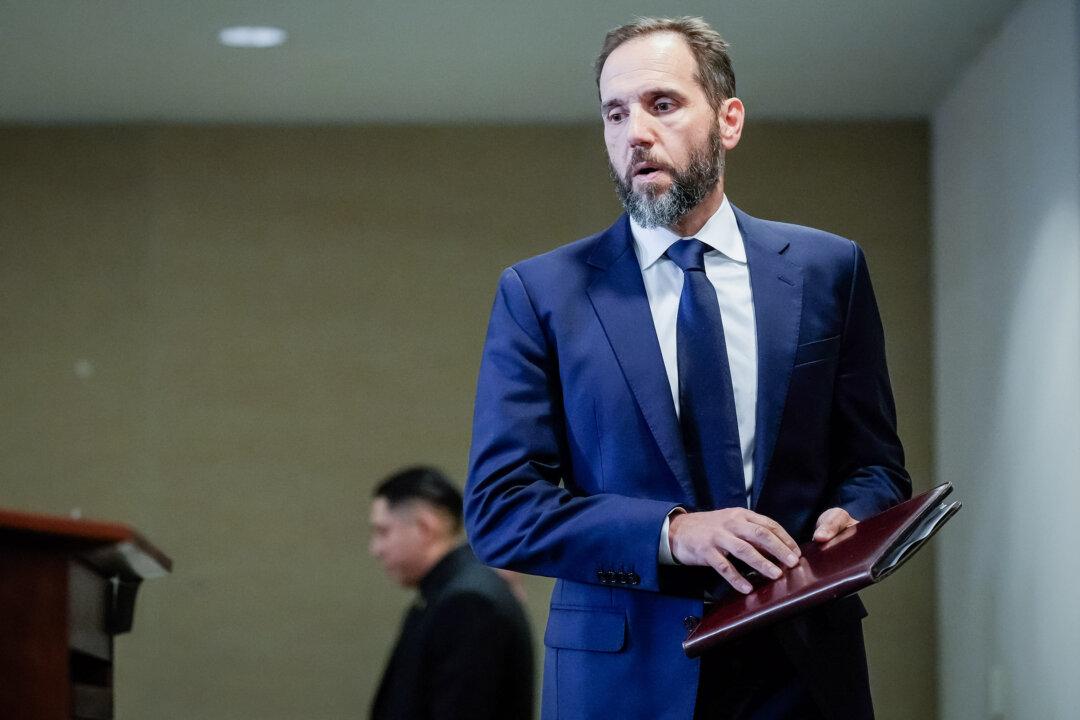Special Counsel Jack Smith has filed a superseding indictment in the federal election case facing former President Donald Trump in Washington. Filed yesterday, the indictment has been updated since the Supreme Court’s decision in Trump v. United States, which held that presidents enjoyed certain types of immunity from criminal prosecution.
The new indictment omits allegations involving the former president’s interactions with the Justice Department. Chief Justice John Roberts’s majority opinion held that the president enjoyed immunity over these types of allegations.





